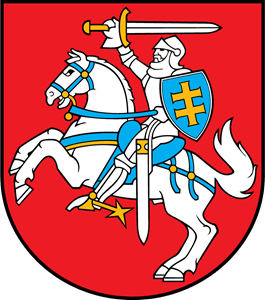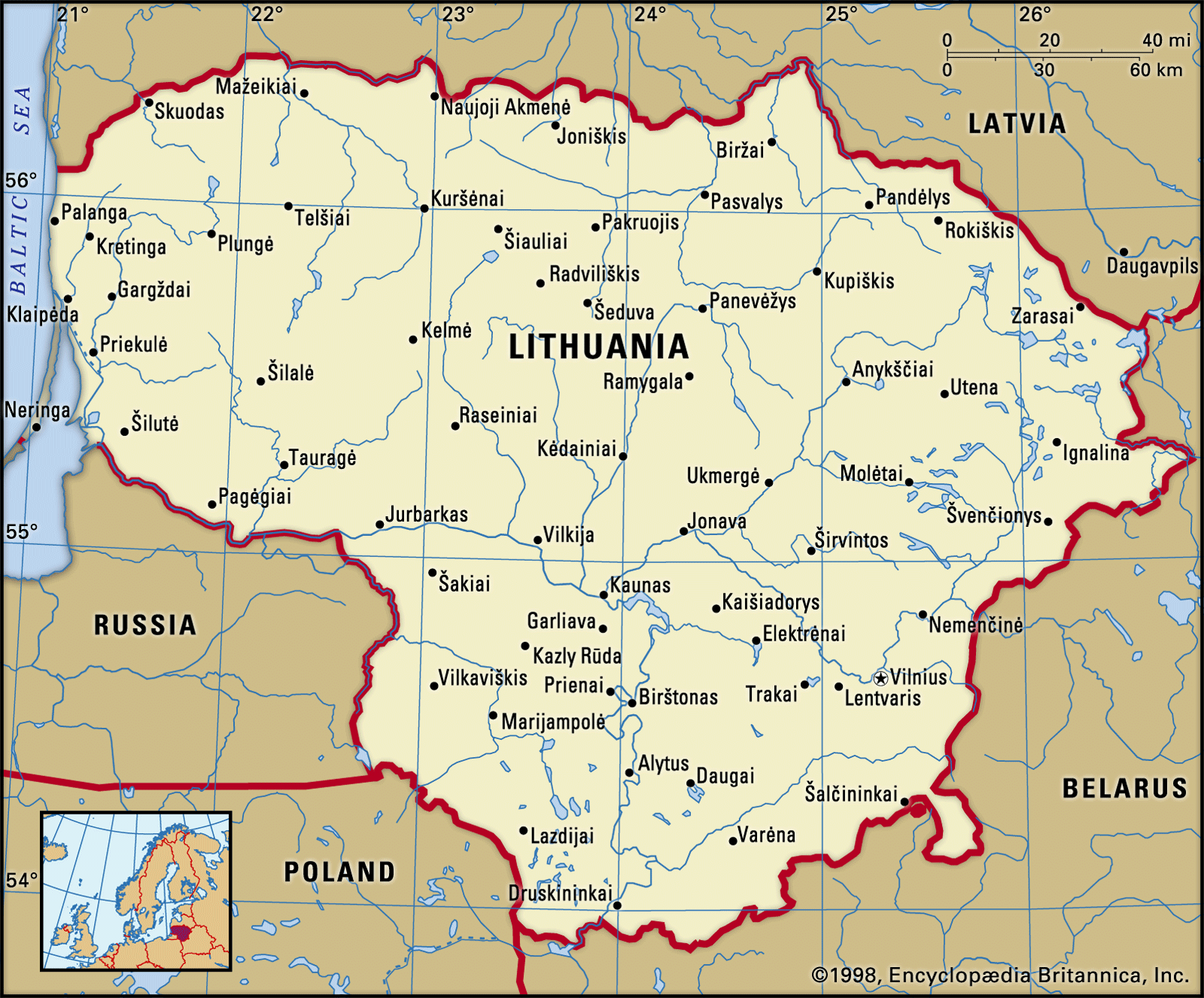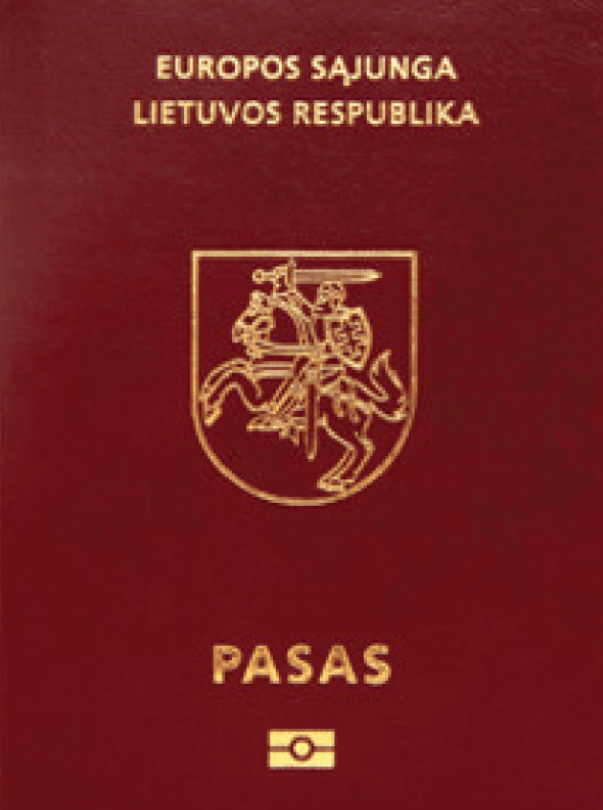Lithuanian Temporary Residence Permit (TRP)
A TRP allows foreign nationals to live in Lithuania for up to 2 years for employment, studies, family reunification, or business. It’s the first step toward long-term residency and can be renewed.
Apply for Lithuanian Residency and Citizenship
Lithuania, a thriving EU nation, attracts foreigners with its rich culture, strong economy, and scenic beauty. The country provides the following migration opportunities to interested foreigners:
Lithuanian Residency and Citizenship by Naturalization offer foreign nationals the opportunity to live, work, and enjoy the benefits of one of Europe’s most vibrant and secure countries. With access to the European Union (EU), Lithuania provides various residency options tailored to long-term stays, whether for business, education, family reunification, or other purposes.
For those seeking full integration into the EU, Lithuanian Citizenship by Naturalization allows applicants to secure the right to live, work, and travel freely within the EU by meeting legal residency requirements, demonstrating language proficiency, and proving financial stability. We provide expert guidance and comprehensive support throughout both the residency and citizenship processes, ensuring a smooth and efficient experience.


Lithuania offers various residency permits and citizenship options based on the purpose of your stay, granting legal residency, access to benefits, and the ability to live, work, and travel freely within the EU.
Foreign nationals can obtain Lithuanian citizenship through naturalization after 10 years of residency, offering full rights, including the ability to live, work, and travel freely within the EU.
Lithuanian residency or citizenship opens the door to numerous personal, professional, and legal advantages, both within Lithuania and across the European Union. Here are some benefits you can enjoy:
To apply for Lithuanian residency or citizenship, applicants must meet specific eligibility criteria. Here are the key requirements for each of them:


We have a team of highly experienced lawyers and migration experts who have decades of expertise and work in parallel on numerous applications. With their support and guidance, we can assist individuals in migrating to Lithuania, applying for residency, and getting citizenship.
When you apply for migration to Lithuania through our services, your application goes through the following steps:

Minimum Investment/ Earning (Required)
– €10,080/year
Processing Time
– Varies
Family Inclusion Option
– Spouse & dependents
Required Residency Duration for Citizenship
– 10 years
Lithuanian Embelum

Population
– 2.7 million (2025 estimate)
Location
– Northeastern Europe, bordered by Latvia, Belarus, Poland, and the Baltic Sea

Passport Rank
– 10th globally (Henley Passport Index 2025)

Passport Mobility
– Visa-free or visa-on-arrival access to 191 destinations
Language
– Lithuanian (official language)
National Food
– Cepelinai (potato dumplings stuffed with meat, curd, or mushrooms)
Lithuania does not offer a formal “Residency by Investment” program. However, foreign nationals can obtain temporary residency by investing in a business or other approved ventures within the country. This residency permit allows individuals to live and work in Lithuania, with the possibility of transitioning to permanent residency or citizenship through naturalization over time.
Lithuanian citizenship by naturalization is a legal process that allows foreign nationals to become citizens of Lithuania after meeting specific criteria. This includes living in Lithuania for a set period, demonstrating proficiency in the Lithuanian language, and showing integration into Lithuanian society.
To apply for Lithuanian residency, you can book a consultancy with us. You will need to provide us with documents such as proof of employment, financial stability, and health insurance. Once your application is approved, you will receive a residency permit that enables you to live, work, and travel within Lithuania.
Residency in Lithuania grants you the right to live and work in the country, access healthcare and education services, and travel freely within the Schengen Zone. Temporary residency can also lead to permanent residency and, eventually, citizenship.
In general, you must live in Lithuania legally for at least 10 years to apply for citizenship by naturalization. This period may be reduced in certain cases, such as when one is married to a Lithuanian citizen or holds a permanent residence permit.
Yes, your family members, including your spouse and dependent children, can be included in both residency and citizenship applications. Each family member must meet specific requirements, such as residency duration and language proficiency, depending on the type of application.
Language proficiency is not a requirement for temporary or permanent residency. However, for citizenship by naturalization, applicants must demonstrate basic proficiency in the Lithuanian language. This is usually assessed through a language exam covering speaking, reading, and writing skills.
For residency, you must show proof of financial stability through employment, business income, or savings. For citizenship by naturalization, financial stability is demonstrated through similar means to ensure you can support yourself and your family without relying on state welfare.
The process begins with obtaining temporary residency, which can later be converted to permanent residency after five years. Once you have legally resided in Lithuania for at least 10 years, you may apply for citizenship by naturalization, provided you meet other requirements like language proficiency and societal integration.
Lithuania generally restricts dual citizenship, allowing it only in specific circumstances, such as marriage to a Lithuanian citizen or when allowed under international agreements. Applicants are encouraged to consult legal professionals regarding their eligibility for dual citizenship.
For residency, you will need proof of employment, financial stability, health insurance, and accommodation. For citizenship by naturalization, additional documents include evidence of Lithuanian language proficiency, a clean criminal record, and proof of long-term residence in Lithuania.
Lithuanian citizenship provides full access to rights and privileges, including the ability to live, work, and travel freely within the EU. Citizenship also grants political rights, such as voting in national elections, and opens opportunities for greater economic and cultural integration within Lithuania.
Temporary residency applications are typically processed within a few months, while permanent residency may take longer. Citizenship applications can take several months to over a year, depending on the complexity of the case and whether all requirements are met.